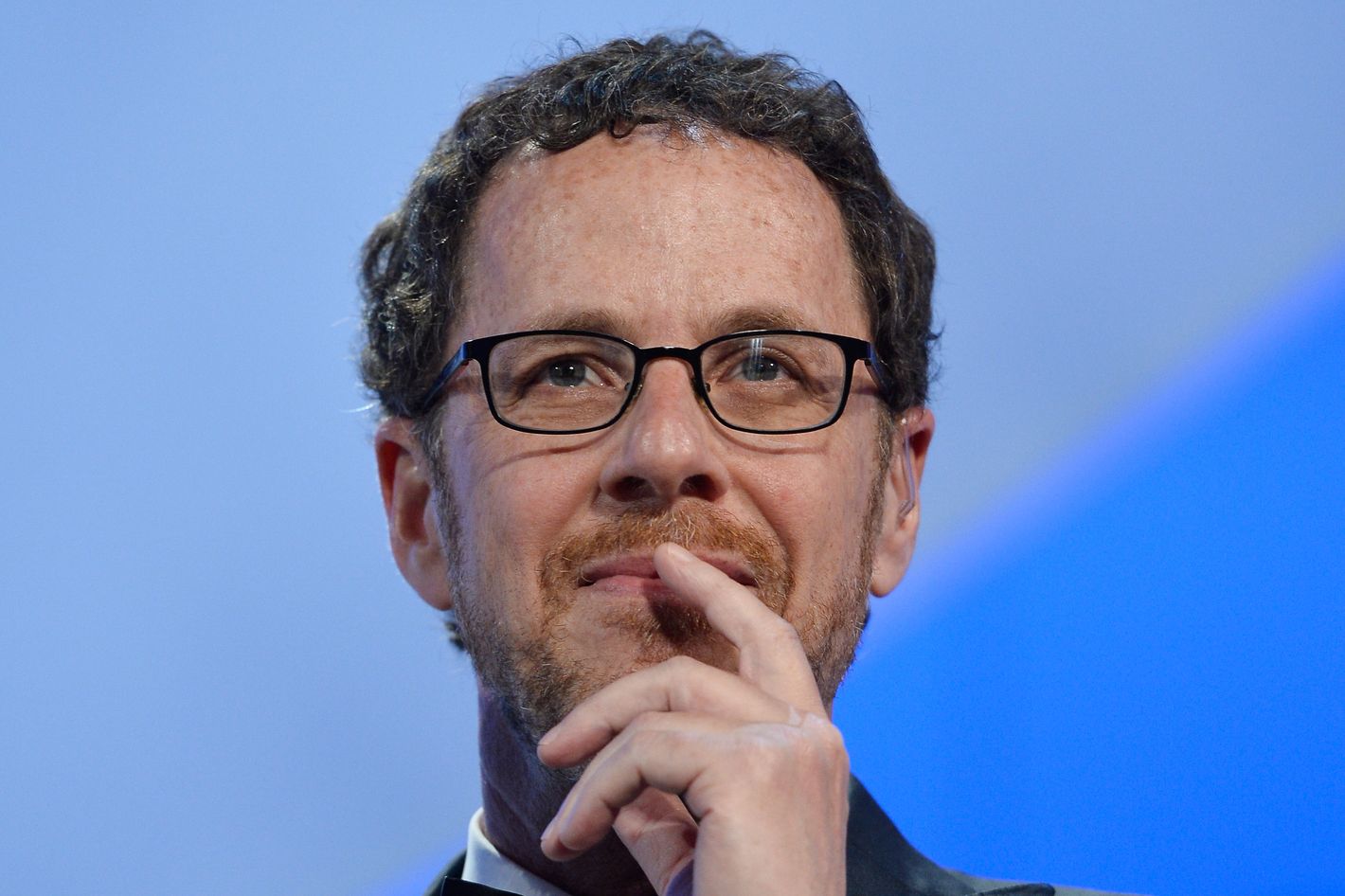
Working alongside his brother Joel, Ethan Coen is widely regarded as one of the most visionary and idiosyncratic filmmakers in Hollywood. His distinctive oeuvre includes some of the most iconic American films of the past four decades, securing his place in the annals of film history. His success is even more surprising considering his wholly non-commercial approach to filmmaking.
With a penchant for working "outside the Hollywood system," Coen's films span a vast number of genres, while combining historical references, cinematic homages, richly textured landscapes, brutal violence, dark humor, witty dialogue, and various forms of irony. He and his brother have been nominated for a total of fourteen Academy Awards, with four wins between them, while also receiving the Palme d'Or for Barton Fink. To date, Coen's films have brought in over $1.5 billion dollars at the box office.
Although Coen attended Princeton University, there was nothing about his collegiate experience that was either typical, or indicative of the professional success he would later achieve. Coen wasn't even 18 yet when he arrived on campus, attracted to Princeton's strong philosophy department, and right from the start he did not find the school congenial, at least socially. Never one to join groups, he recalled making no lasting friendships during his student years, and certainly leaving few footprints behind.
He explained, "I definitely got a good education. How it prepared me for what I’m doing, I have no idea. But that’s the liberal-arts thing!"
Prior to graduating, however, Coen did orchestrate a scene that would have been worthy for one of his films. At one point he left Princeton and had to reapply for admission. But he was late in submitting his forms, prompting the school to deny reentry. Ever the prankster, Coen wrote a letter to the school with the wild claim that he had lost his arm in a hunting accident. The school demanded that Coen submit himself to psychological examination, which he passed with flying colors. After submitting his thesis on the philosopher Ludwig Wittgenstein, he left Princeton without bothering to attend Commencement in 1979.
Though he has returned to campus a few times to look around, Coen mostly keeps a safe distance between him and his alma mater. In 2016 however he appeared at one of the university’s theatres to discuss his film Inside Llewyn Davis with poet and professor Paul Muldoon, a longtime friend. But even more interesting, is the fact that Princeton appears only once in the Coen brothers’ lengthy body of work, in the film Burn After Reading. And as a nod to Coen's outsider status, he has John Malkovich’s character attending an alumni dinner, where he and a bunch of tuxedo-clad Princetonians sing a rousing rendition of "Old Nassau,” only to botch all the nuances of the school's song.
"There was just something that tickled me about that," said the man who's made a career out of doing things his own way.
